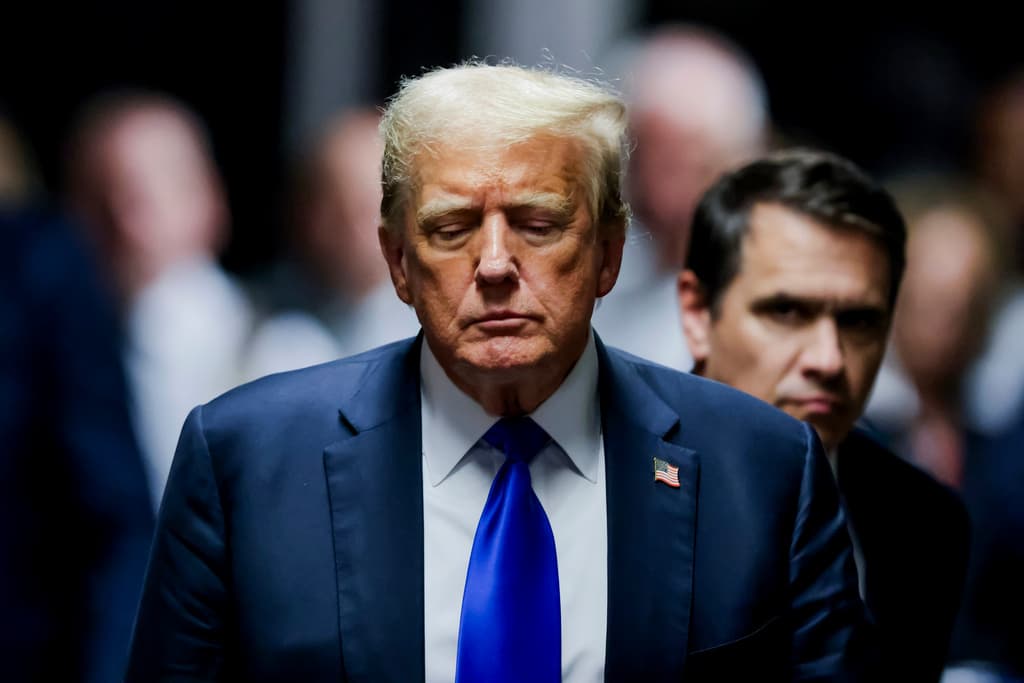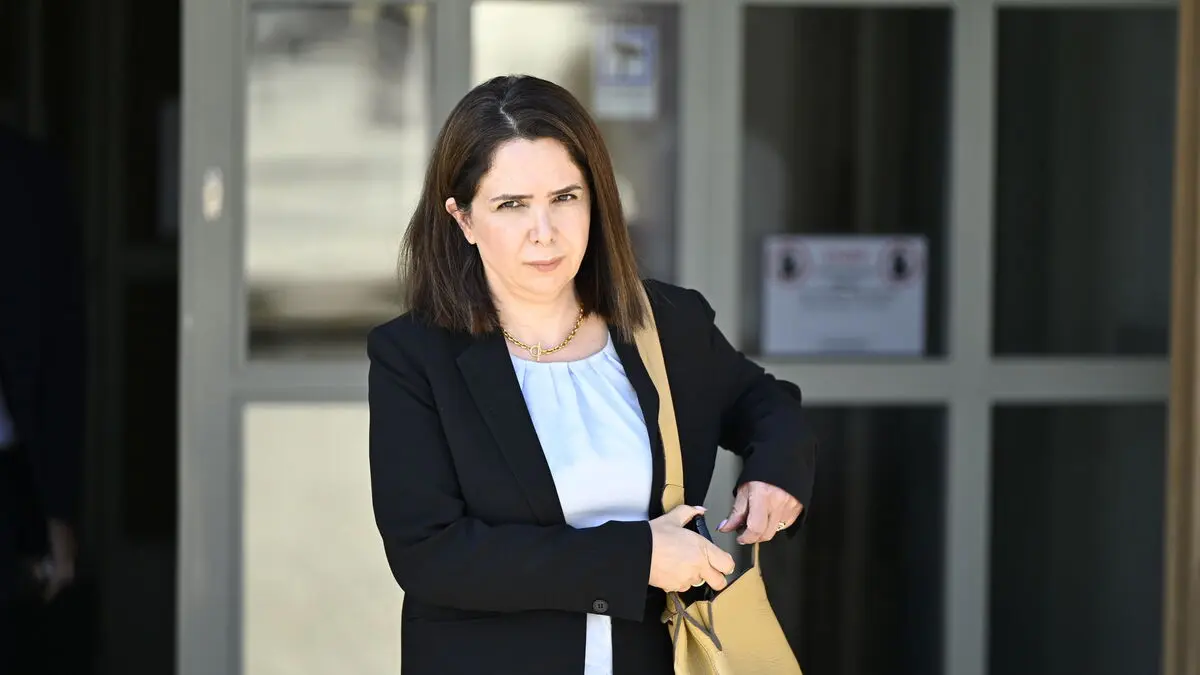The message from the US Supreme Court that a former president enjoys certain immunity makes it likely that Donald Trump's criminal fate will be decided only after the presidential election.
Here is the situation in the four major cases where Trump has been brought to court.
New York: Hush money
Formally, it was about 34 cases of accounting fraud that could lead to fines. But what was booked as "legal expenses" was actually payments to individuals – including porn actress Stephanie Clifford, known as Stormy Daniels – who threatened to disclose sensitive information about Trump before the 2016 presidential election – which makes it a more serious crime against election laws and tax fraud.
On May 31 this year, Trump was convicted on all counts. The sentence was intended to be announced in July, but his lawyers requested a postponement as they wanted parts of the evidence to be re-evaluated in light of the message about immunity. The prosecutors approved the request, and the new date is September 18.
.
Washington DC: Election obstruction
Donald Trump has been charged with attempting to have the result of the 2020 presidential election declared invalid, including in connection with the storming of the Capitol on January 6, 2021.
Special Counsel Jack Smith's indictment consists of four counts based on the premise that Trump wanted to deceive or hinder an official procedure: Congress's meeting to confirm Joe Biden's election victory. It also involves lies about electoral fraud, appointments of fake electors, and pressure.
If convicted, Trump risks up to 20 years in prison.
The court assesses, among other things, that Trump's directive to the Justice Department to investigate the election result falls within the scope of executive immunity. However, the court does not take a stand on the issue of the appeal to tens of thousands of supporters in Washington DC to go to Congress and "fight like hell".
.
Georgia: Asked to "find" votes
Donald Trump called up the state's highest election official, Brad Raffensperger, after the 2020 election and asked him to "find" the 11,780 votes needed for a Trump victory there.
One of the charges in the state indictment is based on Georgia's special extortion law (called Rico) against 19 people, including Trump. The former president is charged with nine additional crimes and risks imprisonment.
Various formal appeals mean that the trial is likely to be delayed until at least the fall.
.
Florida: Handling of classified material
According to the indictment, Trump took large quantities of classified documents from the White House to his Florida residence, Mar-a-Lago, when his term ended. He is accused of refusing to return them and destroying surveillance footage.
Several of the charges fall under US espionage laws, and many of them can lead to imprisonment.
The trial was scheduled to begin in May but has been postponed indefinitely.
.
In addition to these cases, several civil and economic lawsuits are ongoing.
What actually applies legally to an American president is not entirely clear. If a president commits "treason, bribery, or other serious crimes and misdemeanors," Congress can bring impeachment charges in accordance with the first article of the US Constitution. Such charges were brought against Donald Trump twice, but he was never convicted.
When it comes to other crimes, it is often argued that a sitting president cannot be prosecuted, that other charges must wait until the person is no longer in office. But can one be prosecuted for something one was not convicted of in an impeachment process? The question is legally tricky, with some emphasizing the importance of presidential immunity, while others argue that in the US, no one, not even the president, is above the law.
The question has not been previously tested by the Supreme Court.
The question of whether a president has the right to pardon themselves has no clear answer in the Constitution and is the subject of long-standing legal debate.






